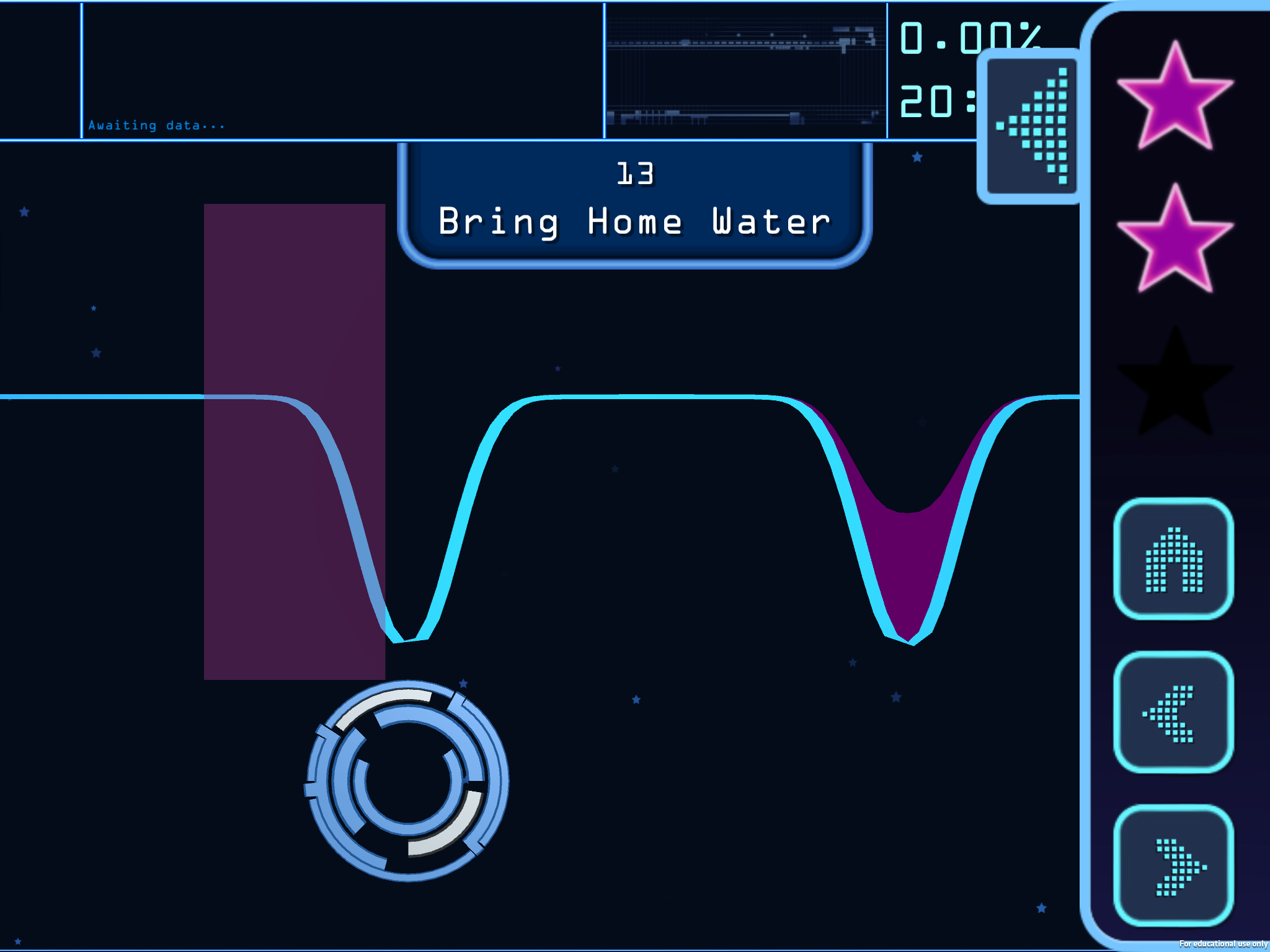Play games, solve problems

We are getting fairly used to hearing phrases such as: “In a few years, computers will be much more intelligent than us” or even: “Computers are already outsmarting us”. This optimism is no doubt spurred on by the last decades’ immense increase in computing power, miniaturization, and automatization. However, as Moore’s law that the transistor count in CPUs will double on a semi-yearly basis is being disproven by problems with extreme miniaturization (the distance between transistors will soon reach atomic minimums), it is also becoming clear that computers do have limits in terms of complex problem solving.
A research team based here at Aarhus University is currently looking into the possibilities of quantum computing, and, in a letter to the latest edition of Nature, they describe how some calculations can be massively complex and time-consuming for a computer, whilst being intuitively and instantly solvable by humans: “Humans routinely solve problems of immense computational complexity by intuitively forming simple, low-dimensional heuristic strategies”. An example of this can be catching a baseball in mid-air or carrying a coffee mug without spilling. Our brains instantly account for a string of variables, and present a solution promptly; something which would require immense computing power to solve digitally.
Because of this, the research group has enlisted thousands of people in their research by gamifying a string of optimization problems relating to quantum physics. ‘Citizen Science’ (or crowd sourcing) is becoming an established form of empirical data collection, and games such as EyeWire (previously mentioned on this blog) or Foldit currently have thousands of players assisting researchers with complex problems. On the website www.scienceathome.org the Aarhus based group recently published the free game Quantum Moves, in which the player can participate by finding “clever ways of manipulating and moving atoms.”. In this day and age, the result of their research may seem surprising: “Players succeed where purely numerical optimization fails, and analyses of their solutions provide insights into the problem of optimization of a more profound and general nature.”. Even among the most powerful computers, it seems, the human brain and body will still have a role to play.
NOTE: The coordinator of the project, Jacob Sherson, will visit Posthuman Aesthetics for a short talk on these and related topics on May 18th.
